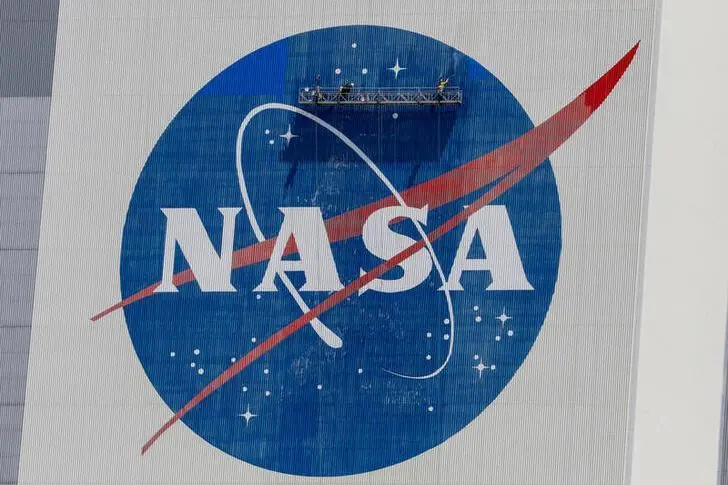PHOTO
SYDNEY - NASA will launch a rocket from the remote wilderness of northern Australia on Sunday evening, the first commercial space launch in Australia and the agency's first from a commercial spaceport.
The suborbital rocket will be briefly visible seconds after the launch, scheduled for 10:44 p.m. (1344 GMT) Australian Central Standard Time, and will travel 300 kilometres (186 miles) into space.
The dry Australian landscape and its closeness to the equator offer optimal conditions for space launches, said Australian National University astrophysicist Brad Tucker, who will be 400 metres from the launch pad at the Arnhem Space Centre.
"At 12 degrees in Arnhem you don't get many places closer to the equator. Particularly you don't get places close to the equator where you can get dry, stable air. Florida, where Cape Canaveral is, is kind of a swamp," he said, referring to NASA's Kennedy Space Center.
The U.S. space agency, formally the National Aeronautics and Space Administration (NASA), has said three launches from Arnhem Space Centre in June and July will help it explore how a star's light can influence a planet's habitability.
Sunday's mission will carry detectors to measure X-rays produced by hot gases that fill the space between stars to help study how they influence the evolution of galaxies, NASA said in a statement.
The second and third missions in July will observe Alpha Centauri, the nearest star to Earth, and the nearest to the Southern Cross constellation that features on the Australian flag, said Tucker. The constellation and Alpha Centauri can only be seen in the Southern skies.
"The big goal is to see if there is potentially Earth-like planets around it," he said, adding scientists have been waiting a decade to launch a rocket from the Southern Hemisphere. It will be visible for 10-50 seconds.
"100 seconds after launch the science teams will be active and they will be controlling the telescope on board... They will know in real time how successful it is."
NASA is the first client for the commercial space port operated by Equatorial Launch Australia, and 70 NASA staff have travelled to Australia for the three missions.
The payload and rocket will return to Earth the same evening.
(Reporting by Kirsty Needham; Editing by Christopher Cushing)





















